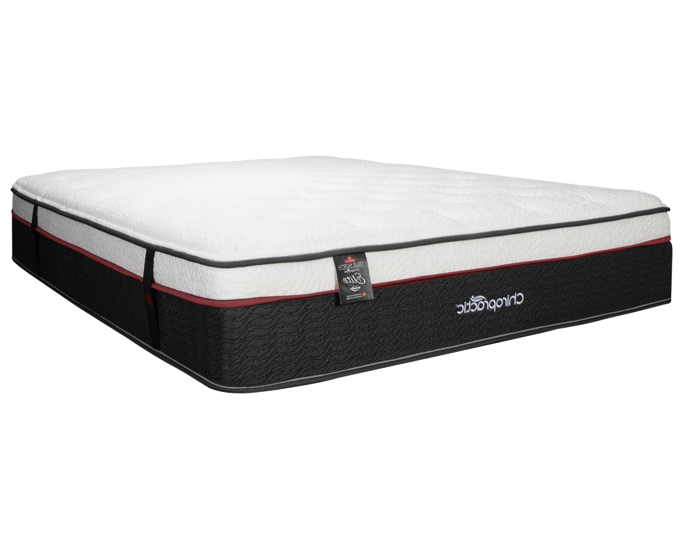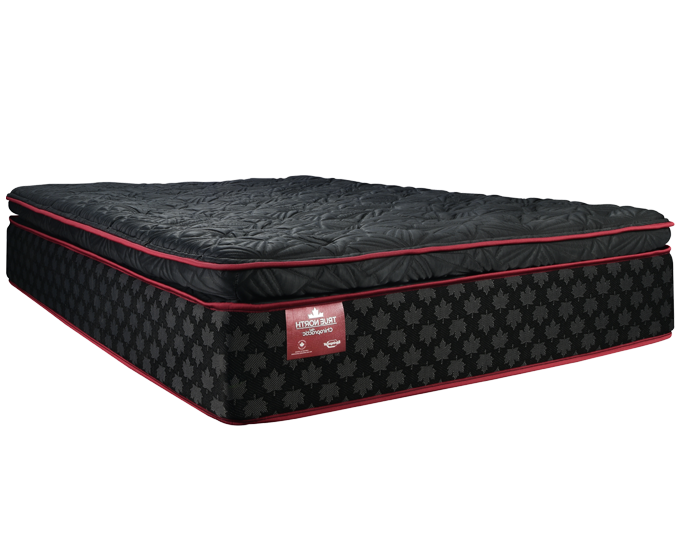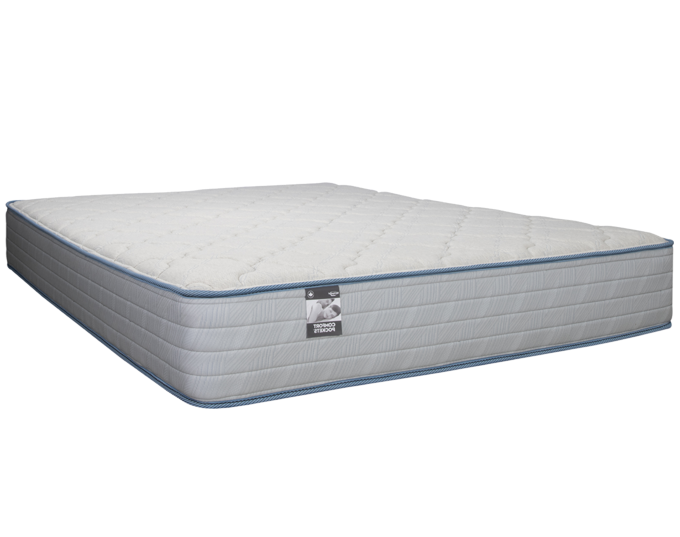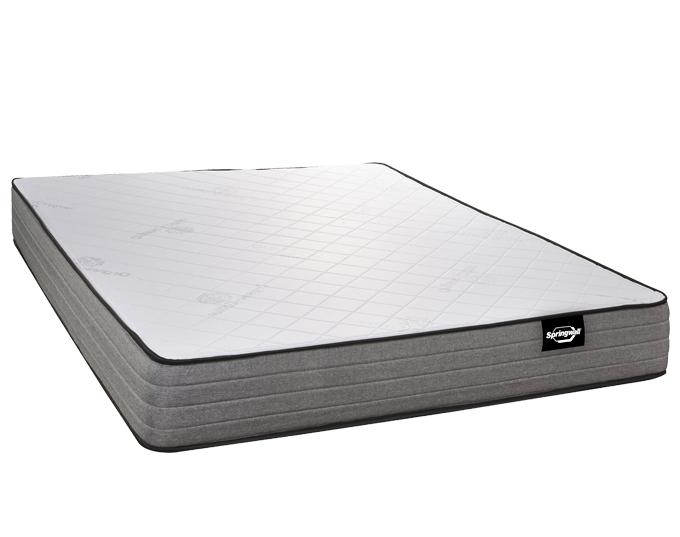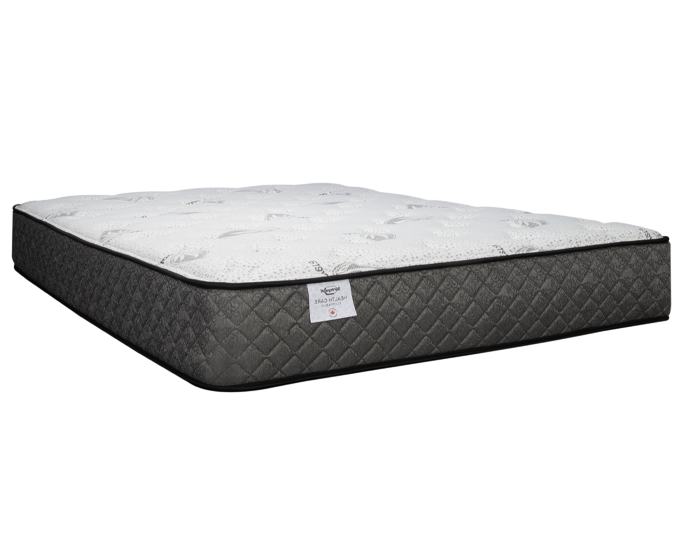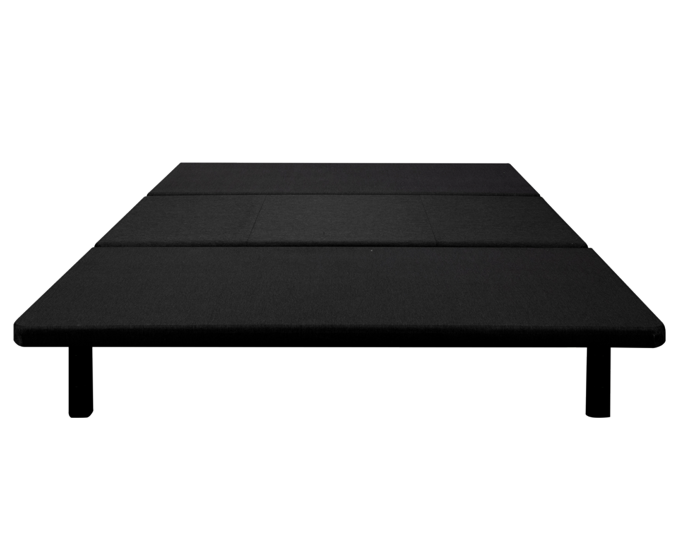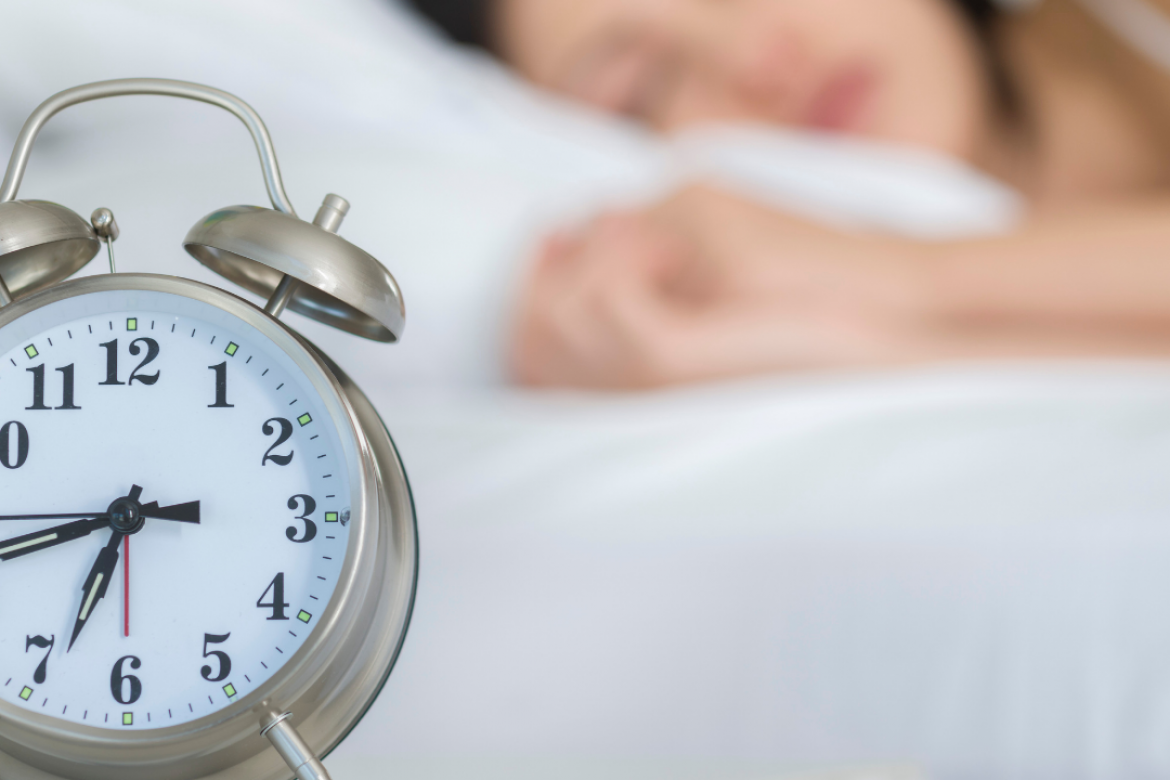Contrary to common belief, most people think that eating well and being fit stand on the same pedestal as sleep. However, eating well and being fit are a by-product of proper sleep habits.
Here’s how:
Simply put, sleep is the most effective thing you can do to reset your brain and body health.
I wanted to take the time to write about some tips for getting better sleep and also some of the bad things that happen when you don’t get good sleep. I recently listened to an awesome keynote speech where Matt Walker spoke about some great tips and some of the things, we should avoid to get proper sleep.
For those of you who don’t know who Matt Walker is, he is an English scientist and professor of neuroscience and psychology at the University of California, Berkeley. He has many publications and speaks at many events focused on “sleep” amongst many other subjects focused on the impact of sleep on human health.
Here’s what was discussed during his keynote speech.
Often times people use things to try and help them sleep but are actually mistakenly harming and hurting their sleep.
Two good examples are alcohol and marijuana many people will have a night cap, and they think that having a drink will help them fall asleep. This is inaccurate, alcohol is a class of drugs that are called the sedatives and sedation is not sleep.
So, what happens when you drink at night? In all actuality you are just knocking out your cortex and you’re going into sedation.
You’re not actually falling into a natural sleep.
There are 2 other problems with alcohol.
First and foremost, alcohol will actually hinder your sleep with many small awakenings throughout the night and you won’t feel restored or refreshed when you wake up the next morning.
The problem and the dangers are that most people don’t remember waking up so many times throughout the night so they don’t realize that it was the alcohol that was actually disrupting their sleeping.
Moreover, alcohol is very good at blocking your REM sleep. REM sleep aka the dream sleep, is your rapid eye movement sleep.
We know that REM sleep is essential for a range of functions including emotional and mental health.
Alcohol will actually remove that dream sleep, blocking that essential critical sleep.
You may be asking yourself, how necessary is REM sleep?
Well, throughout the keynote speech, Matt talks about studies done in back in the 1980s and how shocking those studies were.
The studies demonstrated that if you deprived rats of REM sleep, they would die almost as quickly as they would from total food deprivation.
It’s this type of dream sleep that you are blocking with alcohol.
What about marijuana? Well, there’s no good news there either.
“A lot of people will use marijuana to help them relax instead of just take away some of the anxiety that’s preventing them from falling asleep and certainly marijuana does seem to hasten the speed with which you fall asleep.”- Matt Walker
The unfortunate similarity in marijuana like alcohol (even though it is a completely different substance) will also block your dream sleep. If you’re not getting that required REM sleep, you can actually become more anxious and even more depressed the following day. This then begins to create a snowball effect where people start to seek out more marijuana to medicate those symptoms that the marijuana is causing from the sleep disruption or deprivation. (see how it went full circle)
Matt’s advice is not to think of marijuana as a sleep aid.
One of the other common aspects of marijuana is CBD oil which is the non-psychoactive component of marijuana, whereas THC is the psychoactive part of marijuana.
CBD is an extract oil that people use for a variety of reasons.
“The studies on such substances have not really been done in a particularly detailed way but from what we can tell from the limited data CBD the non-psychoactive form of marijuana actually doesn’t seem to impact sleep so it’s a little bit too early to make the definitive claim but at least that seems to be the emerging story for CBD.” – Matt Walker
Can I do anything to make up for lost sleep?
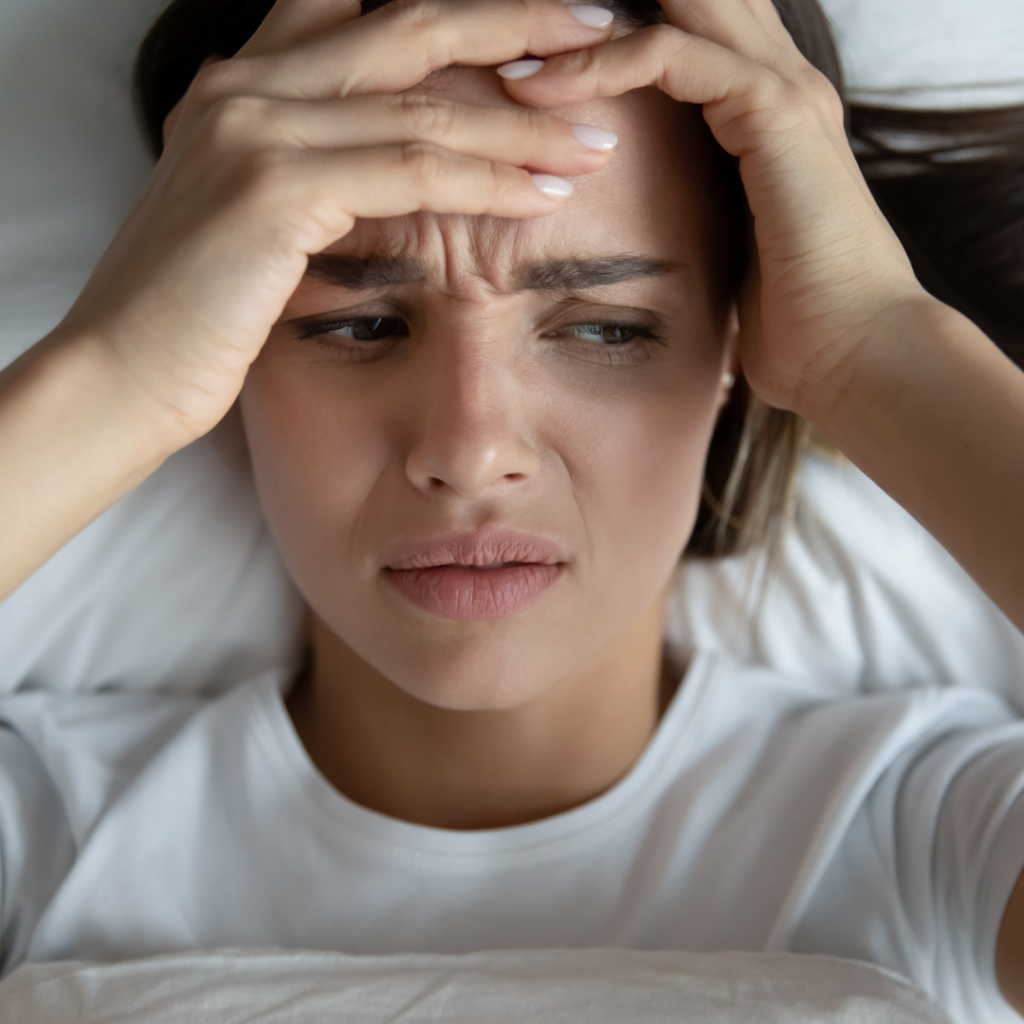
What should you do if you’ve pulled an all-nighter or you went to bed too late and need to wake up early again, is it possible to get that sleep back?
The short answer is no. You can’t “bank” sleep.
Matt provides an example that might help understand this a bit better.
If an individual is deprived of a whole night’s sleep, that is 8 hours gone or wasted, and they’re given all the recovery sleep possible on a second night, it’s possible that they sleep longer. However, they don’t get all of the 8 hours back. Even if they were still being measured, they would never get the sleep back. So, it’s impossible to accumulate a debt and then hope to pay it off later.
Many people think it’s possible, it’s not and many of us need to shift our perspective on sleep as a whole.
A common aspect of sleep that we see in today’s society is that most people have shortened sleep during the week and then “catch up” on sleep through binge sleeping on the weekends.
This is what Matt has labeled “social jetlag” or “sleep bulimia”.
Matt talks about a recent study that took the mortality risk of short sleep showed that people who sleep 5 hours a night have a 65% high likelihood of dying at any time.
Those same researchers looked at another group of people who are short sleeping, around 6 hours a night during the week but slept a little longer on the weekend, they could actually reduce some of the mortality risk, but there’s also a danger here.
We know that the “social jetlag” or bingeing on the weekend which is the shorter window of sleep during the week isn’t necessarily associated with a shorter life, but it’s definitely associated with a far less healthy life.
There’s a big likelihood that you will suffer from issues like diabetes or obesity if you have poor cardio and have negative cardiovascular outcomes due to minimal quantities of quality sleep.
Health outcomes like diabetes or obesity is almost double for those with limited sleep compared to those that consistently get the recommend 7-9 hours of sleep every day (during the week and the weekend).
So, they recommend getting consistent sleep whether it’s the weekend or weekday. Consistency is the key and to conclude, sleep is not a credit system like what you would find at the bank.
Should you use a snooze button?
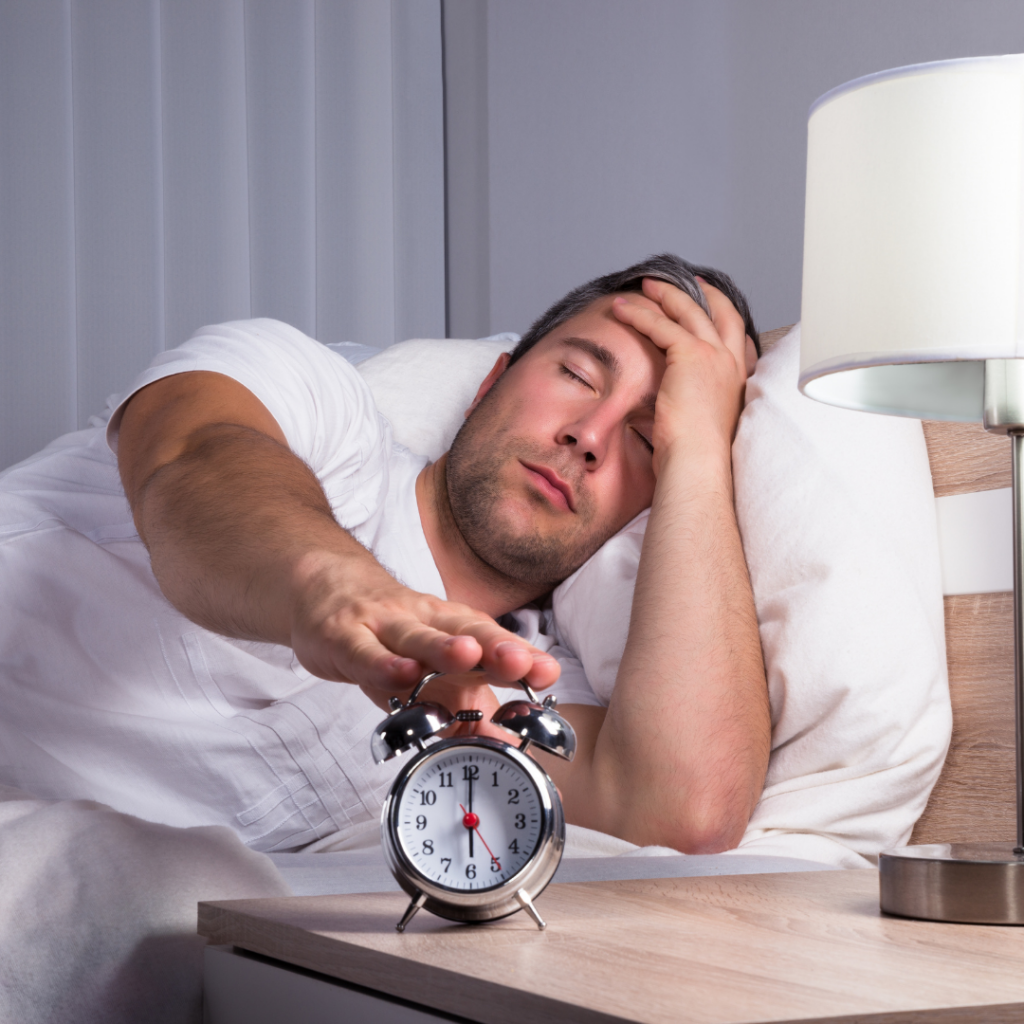
Regularity is critical. Going to bed and waking up at the same time are key for our circadian rhythm.
However, using alarms can certainly help you do that, and notice we empathized the plural for alarms.
You want to use an alarm at night to keep you on track and getting to bed at the same consistent time every night. Similarly, you want to use the alarm to help you wake in the morning as well. The only caveat here is that you want to get away from using multiple alarms in the morning.
If you’re goal is to increase the amount of time that you sleep and do that well. It’s recommended that you set an alarm 15 minutes prior to the time you want to get to sleep. Think of it as a last call like you were at a restaurant and they are about to close.
Now is the time to start getting ready for a good night’s sleep.
By setting yourself up and giving you that time to prep for bed, you can get into your pajamas, brush and floss and do all of those things that typically take a decent amount of time that could potentially delay your sleep.
But what about the snooze button?
It’s not actually a good idea because there is some data that Matt and the researchers discuss, where if you look at the cardiovascular response to an alarm it’s actually a very stressful awakening for your body. A clear spike in heart rate stress chemicals was noted due to the use of a snooze button. I can practically hear that dreading sound as I write this post. (I know you iPhone users feel the same way)
Now, it’s fine to use an alarm once in the morning to wake up but you shouldn’t hit the snooze button because then you’re frequently stressing your body and you may think well, I only hit it three or four times.
One time is not bad, but over the course of every day, even once can have negative repercussions on the cardiovascular system.
If you do that every single day, every week, every month, every year, every decade across a lifetime. That type of additional stress is huge.
Use the alarm but try to use it once and then get up right away.
Hopefully you found something of value throughout this blog. It was written to shed light on things that we typically take for granted or have simply gotten accustom to regarding the different sleep and lifestyle patterns.
Sleep well my friends and stay tuned for our next blog post!



